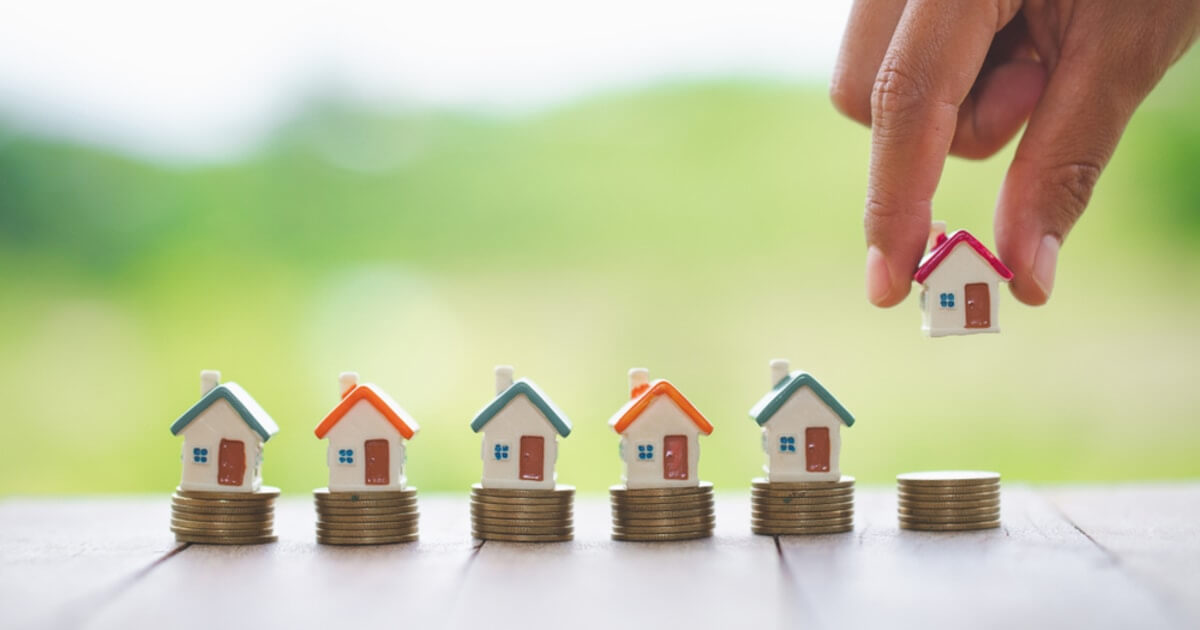South Africa Pioneers Blockchain-Enabled Property Register Pilot Project
Brian Njuguna Nov 10, 2019 10:00
The Centre for Affordable Housing Finance in Africa (CAHF) has teamed up with Seso Global, a blockchain property registry company, to develop the first-ever blockchain-powered property register in South Africa.

The Centre for Affordable Housing Finance in Africa (CAHF) has teamed up with Seso Global, a blockchain property registry company, to develop the first-ever blockchain-powered property register in South Africa.
The pilot projectwill comprise of nearly 1,000 government-subsidized properties found in four sites in Makhaza, Khayelitsha. This means they are not yet registered on the nation’s Title Deeds Registry.
Seso Global’s CEO, Daniel Bloch, stipulated that this was an exceptional project because blockchain technology would be instrumental in revamping the property registry in the country through the creation of an immutable record about house ownership.
The Seso platform has been created in such a way that transactions and records, even for deceased estates, are integrated with third parties who aid proceedings, including mortgage lenders.
Bloch stipulated: “For the time being, property owners will record these transactions at the Transaction Support Centre, a walk-in housing advice office created by CAHF and 71point4 located in the area. But over time, we will record transactions through the Seso app.”
South Africa’s title deed problem
South Africa has been grappling with a severe titling problem. Kecia Rust, CAHF’s CEO, acknowledged that the government had built at least three million RDP houses since independence.
Nevertheless, an analysis by CAHF revealed that only 1.9 million of them had title deeds. Moreover, an estimate by the National Department of Human Settlements, Water, and Sanitation (NDHSWS) showed that the title deed backlog stood at 511,752 for RDP properties developed before 2014.
The blockchain-based pilot project seeks to eliminate this challenge in South Africa by offering a transparent and immutable property register.
Image via ShutterstockImage source: Shutterstock
.jpg)